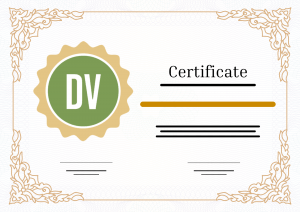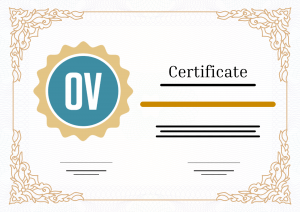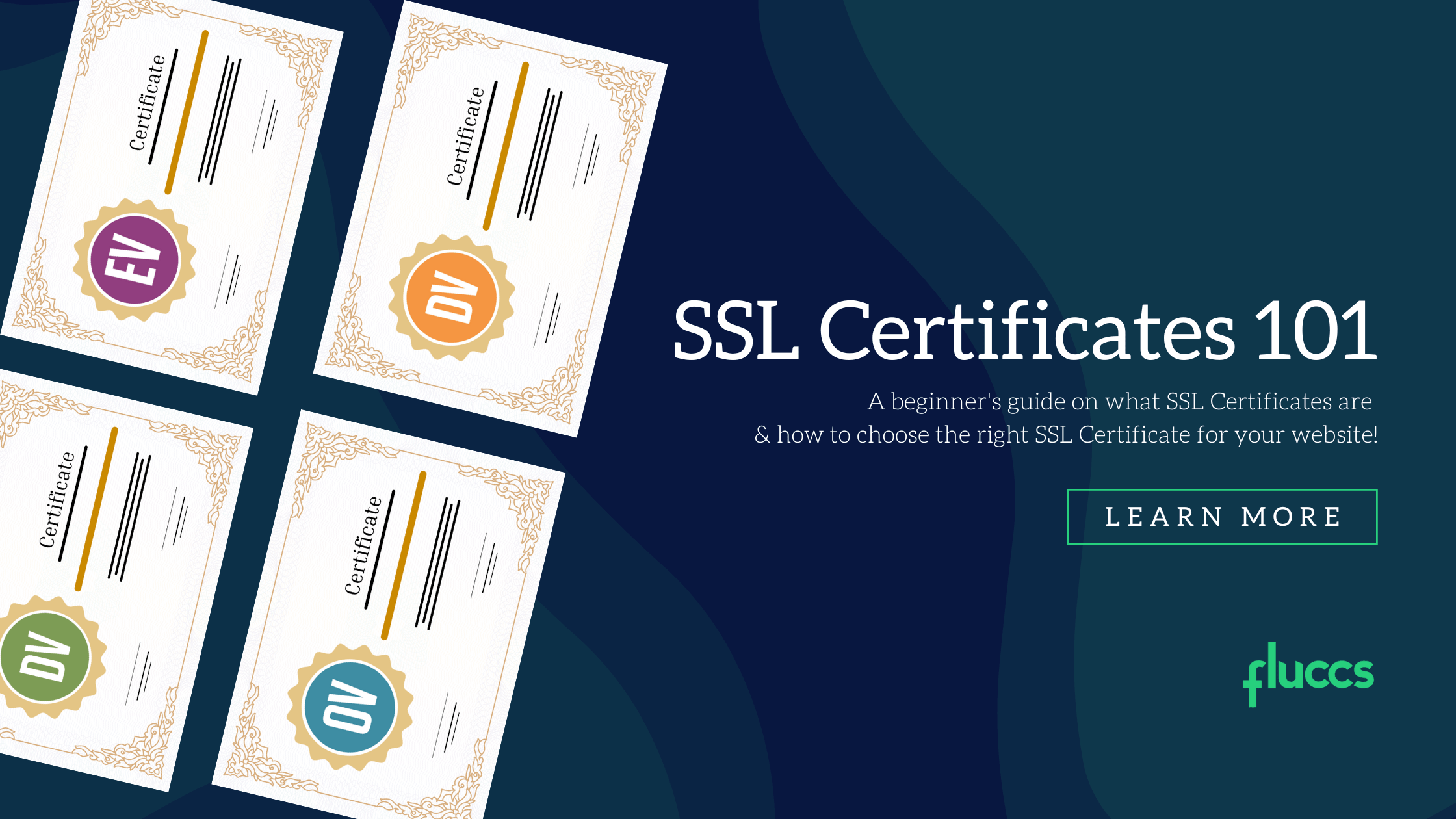The internet is a fantastic tool to use, but it can be daunting to learn the more technical aspects. That’s why we have started this 101 series; to easily break-down fundamentals of the internet to help you better understand how things work.
Today’s topic is SSL Certificates, which are a vital piece of security for any form of hosting. Let’s get started!
What is an SSL Certificate?
An SSL certificate is a digital certificate that authenticates a website’s identity and enables an encrypted connection.
SSL stands for Secure Sockets Layer, and is the technology used for maintaining a secure internet connection and safeguarding sensitive data that is sent between two systems.
Why would I need one?
An SSL Certificate is required to enable HTTPS (Hypertext Transfer Protocol Secure) for your website.

An active SSL Certificate is signified by a lock next to a website URL in your browser.
HTTPS is the standard for any & all legitimate websites, and signals to users whether a website is safe to visit or not.
Most browsers will block you from visiting a website without a valid SSL Certificate and warn of potential dangers if you choose to visit the website.
Different types of SSL Certificates
There are two categories for SSL Certificates:
Single domain
Single domain SSL Certificates only cover a single domain, which is great if you only have one website you need secure.
Wildcard
Wildcard SSL Certificates cover a domain and all its subdomains, so you only need one certificate to cover several websites using the same domain.
Among these, there are several different types of SSL certificates:
DV (Domain Validation)

Domain Validation SSL Certificates are the most basic type, only requiring the validation of the domain owner.
This is a great option for blogs and websites that don’t handle transactions as it is cost effective & easy to configure.
OV (Organisation Validation)

Organisation Validation SSL Certificates are the next level up and a lot more secure than DV SSL Certificates. They require domain owner verification, as well as verification of several details related to the affiliated business.
This is a great option for business websites and online portals with login screens.
EV (Extended Validation)

Extended Validation SSL Certificates are the most secure of all SSL Certificates. Not only does it require the same verification steps of the previous types; there are 9 additional verification steps, including:
- verifying businesses’ public phone number
- length of time in business
- registration number & jurisdiction
- domain fraud check
- blacklist check
- a phone call to authenticate the employment status of the requestor.
This option is best suited for global banks, financial services, fortune 500 companies, as well as e-commerce and enterprise websites.
How do I get an SSL Certificate?
If your website is hosted with a website builder service like Squarespace or Weebly, they will provide an SSL Certificate once your website is live.
If you’ve purchased web hosting and built your website, you’ll need to purchase an SSL Certificate and configure it. Your hosting provider should be able to assist you with this if you are unsure how to.
Fluccs offers a wide range of SSL Certificates and can install your SSL Certificate even if your hosting is not with us. Click here to learn more!
If you have any questions about SSL Certificates or would like to purchase one, contact us by submitting a support ticket from your Client Area account!





























